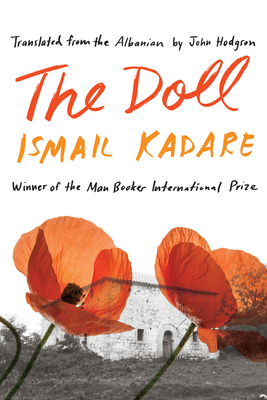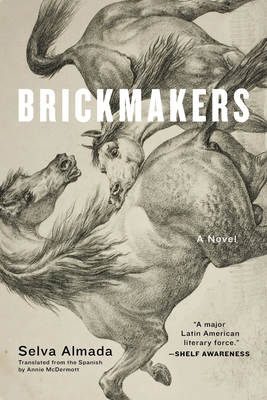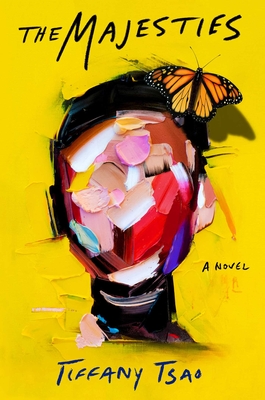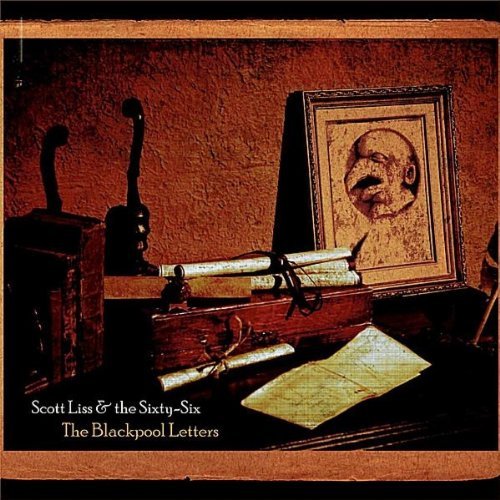
description
8In this autobiographical novel, Albania's most renowned novelist and poet Ismail Kadare explores his relationship with his mother in a delicately wrought tale of home, family, creative aspirations, and personal and political freedom. "Houses like ours seemed constructed with the specific purpose of preserving coldness and misunderstanding for as long as possible." In his father's great stone house with hidden rooms and even a dungeon, Ismail grows up with his mother at the center of his universe. Fragile as a paper doll, she finds herself at odds with her tight-lipped and wise mother-in-law who, as is the custom for women of a certain age, will never again step foot over the threshold to leave her home. Young Ismail finds it difficult to understand his mother's tears, though he can understand her boredom. She told him the reason herself in a phrase that terrified and obsessed the boy: "The house is eating me up!" As Ismail explores his world, his mother becomes fearful of her intellectual son--he uses words she does not understand, writes radical poetry, falls in love far too easily, and seems to renounce everything she believes in. He will, she fears, have to exchange her for some other superior mother when he becomes a famous writer. The Doll is a delicate and disarming autobiographical novel, an exploration of Kadare's creative aspirations and their tangled connections to his childhood home and his mother's tenuous place within it.
member goods
No member items were found under this heading.
Return Policy
All sales are final
Shipping
No special shipping considerations available.
Shipping fees determined at checkout.







